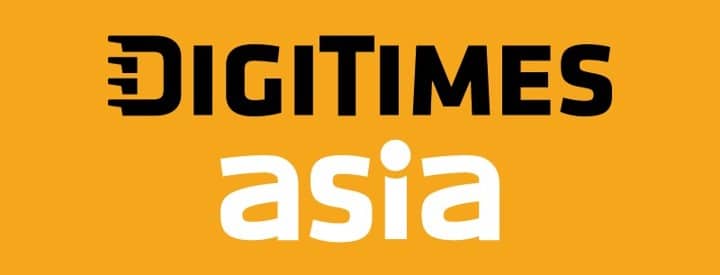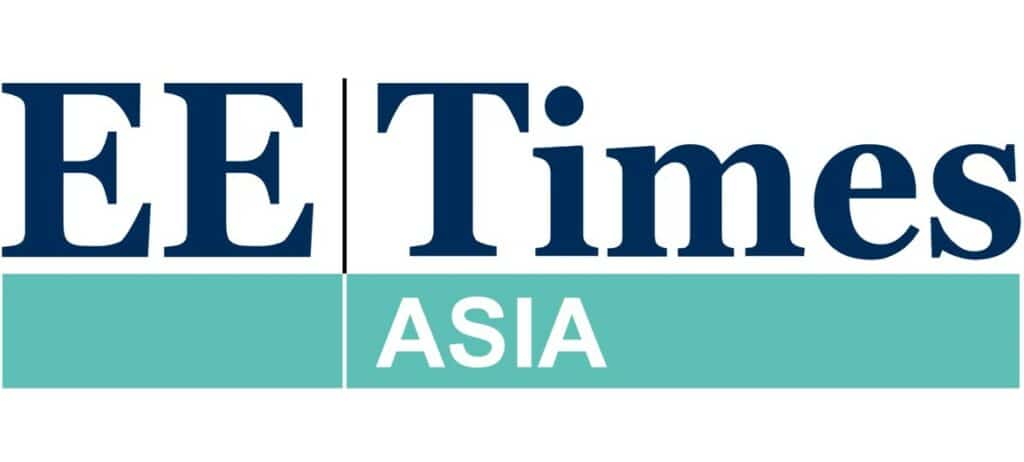News
Media Coverage

08
Mar, 23
SkyWater and Weebit announced the inclusion of ReRAM IP in 130nm process for applications in automotive, defense and beyond

04
Jan, 23
Stocks Down Under: Investor Webinar
Happy New Year to all Weebit Nano holders!




